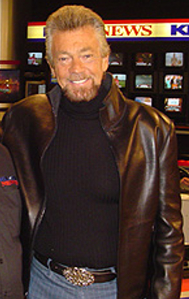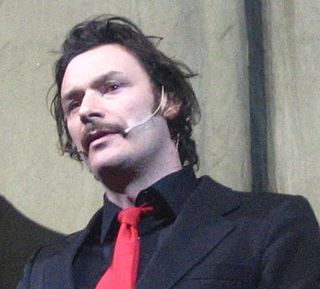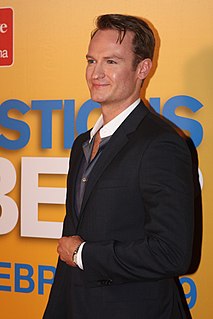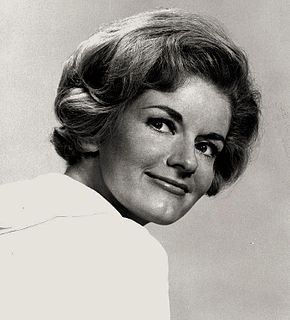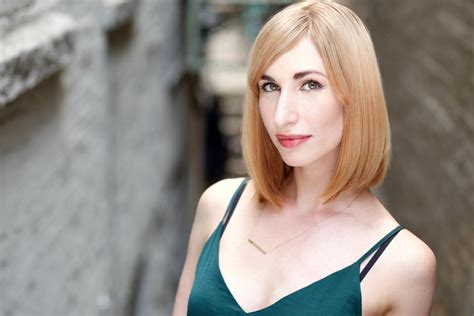A Quote by Simon Pegg
Also, if you watch the film once, there are lots of things that you won't get because there are punch lines in the first act, the setup to which isn't until the second act.
Related Quotes
As I saw my 60th birthday approaching, I thought,What did 60 mean to me? I figured I'd probably live until I'm about 90, which meant that I was at the beginning of what I call my third act. As an actress, I know how important the third act is. It makes sense of the first and second acts. You can have first and second acts that are interesting, but you don't know what they mean. Then a good third act pulls it all together. And so I knew that, because I sat by my father's side over the long months when he was dying.
You go to the cinema and you realize you're watching the third act. There is no first or second act. There is this massive film-making where you spend this incredible amount of money and play right to the demographic. You can tell how much money the film is going to make by how it does on the first weekend. The whole culture is in the crap house. It's not just true in the movies, it's also true in the theater.
I can act with either eye, but you've got to be twice as good as an actor to act with one eye. You need to put all your emotions just through one eye and really punch it out of that eye. I found it quite difficult to do at first, and then I found a technique that allowed me to act with one eye, which I patented.
One of the horribly frustrating things about writing feature films is the rules everyone applies and says, 'You have to do this by the end of the first act and by the end of the second act you must introduce this.' As if there were rules to life or telling a story or the ways things happen, which of course there aren't.
And then, once you've written, you meet producers and directors and actors. You get to meet interesting, talented, creative, artistic people, and it also staves off a bit of creative stagnation when you can't act, which is the reality of the industry. So often, you can't act because there are just too many cars and not enough car parks. But, I love writing and I'll never stop doing that.
For me, you go to university to meet lots of different people from different backgrounds. I think that's one of the most important things you get there. And you also get some sense of direction regarding what you want to do when you leave. I sort of know what I want to do in my life - I want to act and ultimately I'd like to write. And in terms of meeting people from different backgrounds, that's what you get on a film set. So the two most valuable things that university would have given me I've sort of achieved by being on a film set.
In life and business, there are two cardinal sins, the first is to act precipitously without thought, and the second is to not act at all. Unfortunately the board of directors and top management of Times Warner already committed the first sin by merging with AOL, and we believe they are currently in the process of committing the second; now is not a time to move slowly and suffer the paralysis of inaction.



